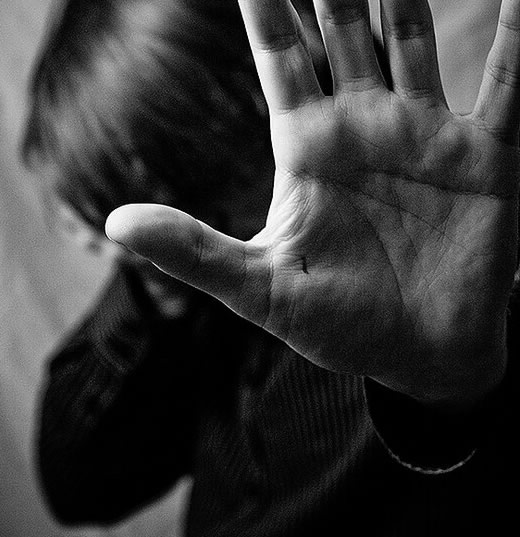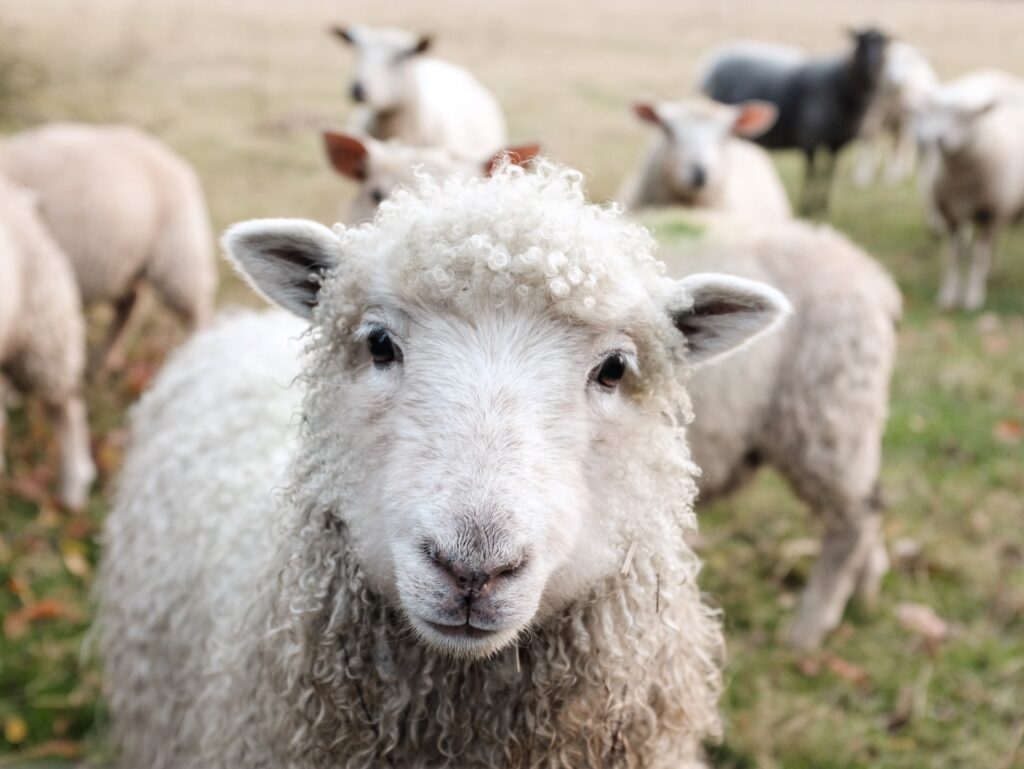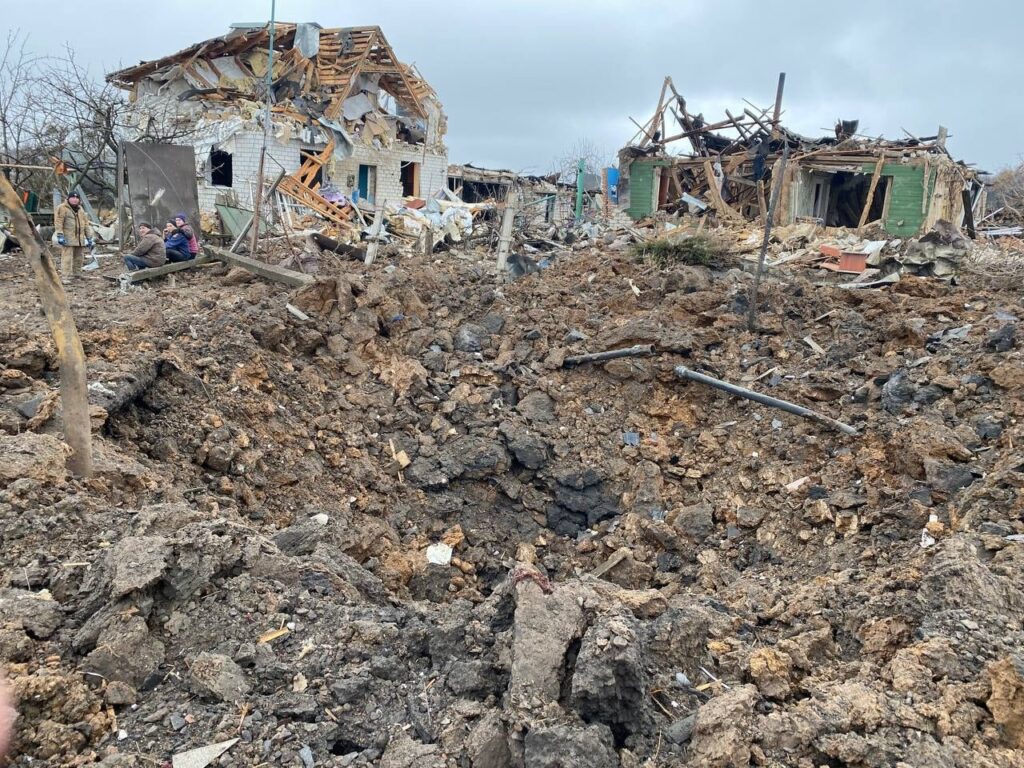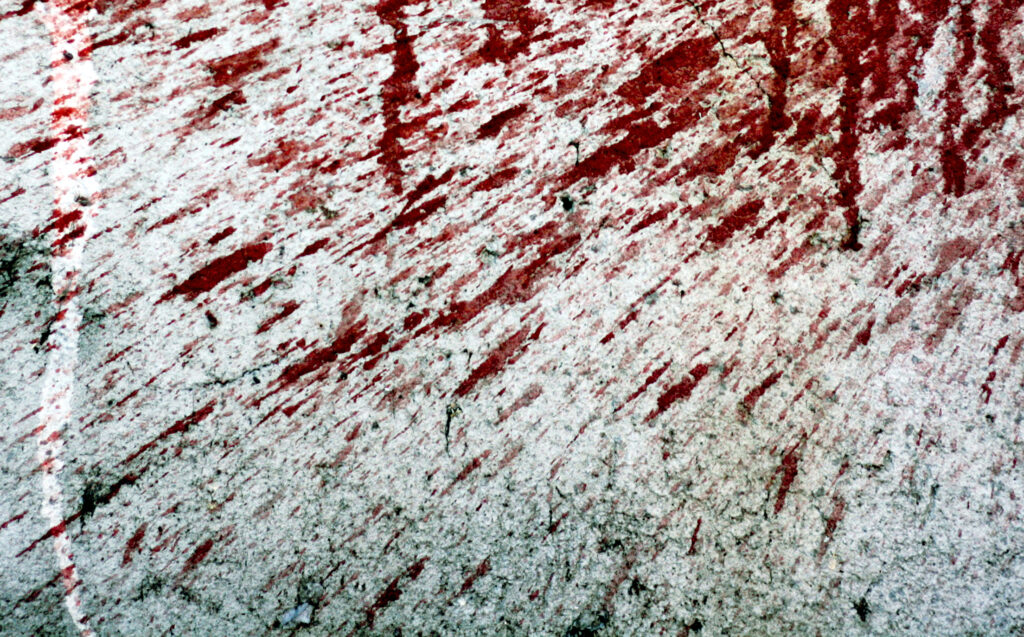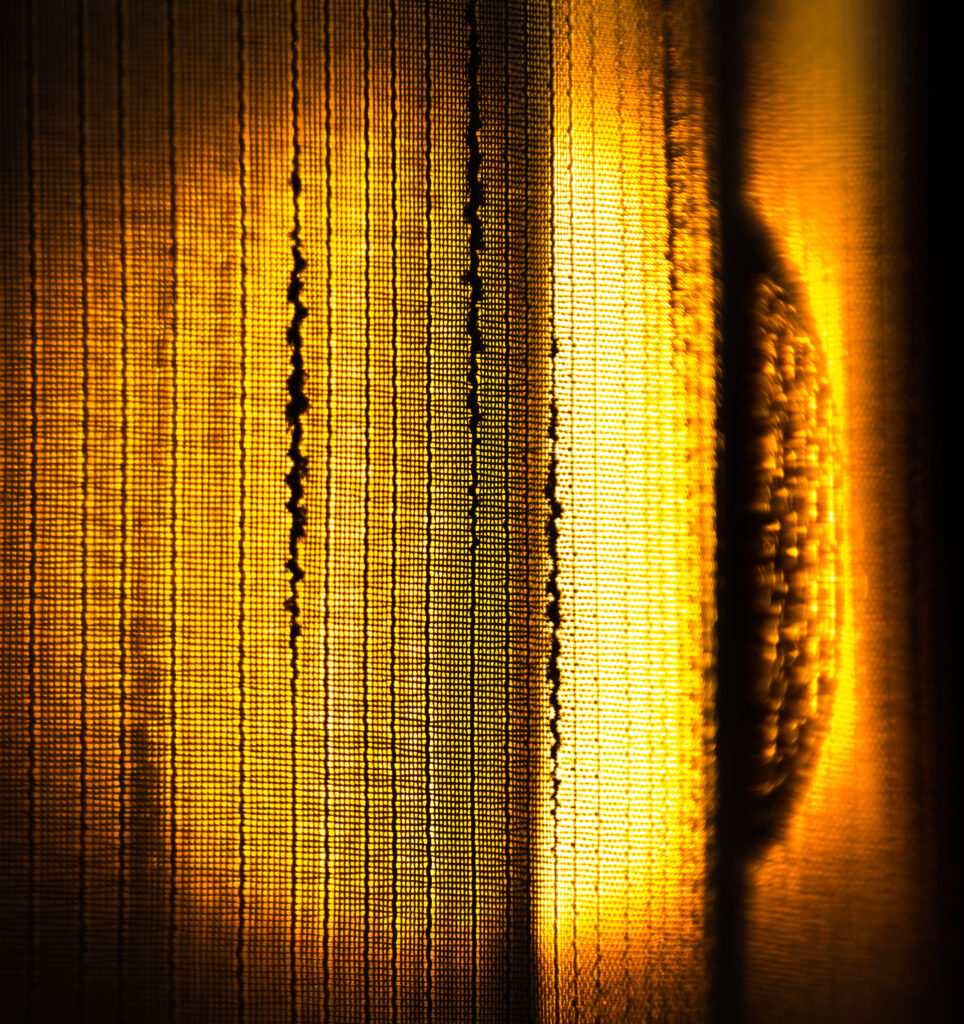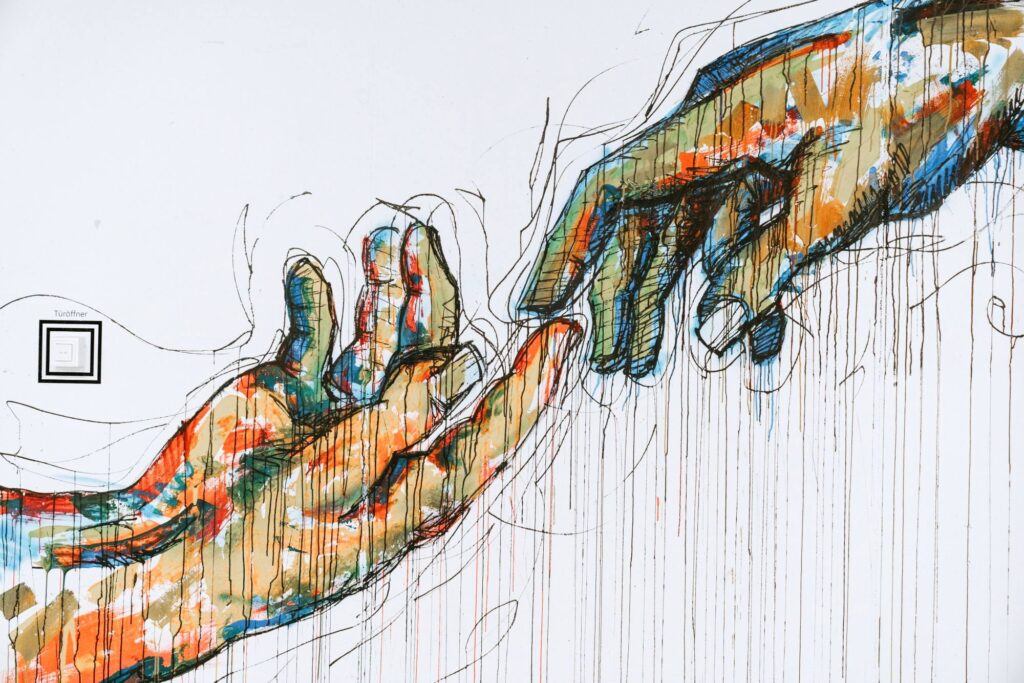
Parashat T’tzaveh
Exodus 27:20-30:10
Why did God take us out of Egypt? The Torah offers a number of explanations in various places. Our Torah portion mentions one of them. After detailing the elements that go into making the Sanctuary, and after describing the vestments of the priests who would minister there, God says: “And I shall dwell (v’shakhanti) amongst the Children of Israel and I will become for them an Almighty God. And thy will know that I am the Eternal One, their Almighty God, [and that] I took them out of the land of Egypt in order to set My dwelling among them; I am the Eternal, their Almighty God.” (Ex. 29:45-46)
In last week’s Torah portion we heard the famous saying, “Let them build a sanctuary for Me and I will dwell among them.” (Ex. 25:8) Here we have a repetition of that idea, but with the added explanation that it is not only our own efforts to create a sacred home for God that draws God into our midst. In addition we learn that this was God’s purpose from the very first. God liberated us from slavery “in order to set My dwelling among them.” Rashi on our verse puts this notion in strong terms: “On condition that I will dwell among them.” Many commentators are taken aback by this wording. Could we imagine that our extrication from the suffering of slavery was not a supreme good in and of itself, but was conditioned on our acceptance of God’s Presence? What if we declined to accept God? Would our slavery then be acceptable? That idea is impossible to accept.
Nahmanides suggests a mystical answer. It is not only that we are called upon to accept God into our midst for our own benefit. God’s dwelling among us is a “Heavenly need – tzorekh gavo`ah”. Rational approaches to religion in general and to Judaism in particular make a basic assumption that God does not really need our prayers (and certainly not our animal sacrifices!). If religion has any value in that view, it is in the way it helps us build community and open ourselves to higher aspirations and to the presence of others. But Nahmanides’ radical concept tells us something very different: God needs us. And, in some ways, God’s need for us is more acute and more constant than our need for God. Indeed, we may or may not accept God as our Companion, and we may not even feel the need to do so. But, says our mystical tradition, God constantly feels the need for our closeness. God is, thus, a Being with “special needs.” The Torah tries to sensitize us so that we may make the necessary accommodations for God’s dwelling among us. We are meant to learn how to make our lives and spaces “God accessible.”
Shabbat Shalom
Rabbi David Greenstein
Subscribe to Rabbi Greenstein’s weekly d’var Torah
Photo by Claudio Schwarz on Unsplash
Thank you to John Lasiter for suggesting the title and selecting an image for this Torah Sparks – Rabbi Greenstein



